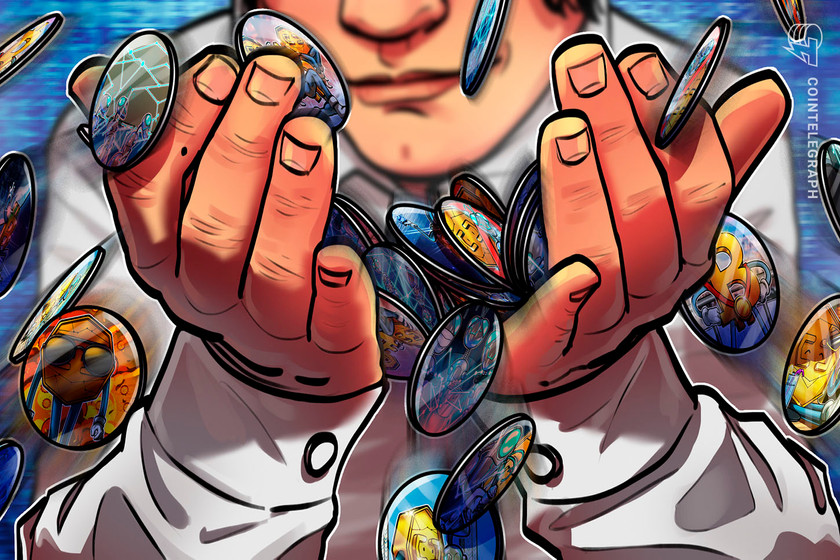
Nonfungible tokens from a legal perspective
Nonfungible tokens under the juridical and legal perspective are still in evolution, and there are more questions than answers. A nonfungible token (NFT) can be both a representation of a physical or digital asset that only exists on the internet — a programmable piece of art. It provides ownership of an underlying asset, like a painting, and it can also represent a digital asset in the form of a software code. Therefore, I like to conceptualize NFTs in a more technical view:“An NFT is a pattern of smart contracts that provides a standardized way of verifying who owns an NFT, and a....
Related News
The question facing nonfungible token regulation: Should NFTs be considered as digital assets? Nonfungible tokens (NFTs) are constantly in the news. NFT platforms are springing up like mushrooms and champions are emerging, such as OpenSea. It is a real platform economy that is emerging, like those in which YouTube or Booking.com gained a foothold. But it is a very young economy — one that is struggling to understand the legal issues that apply to it.Regulators are starting to take an interest in the subject, and there is risk of a backlash if the industry does not regulate itself quickly.....
NFTs are getting enterprises excited about the future of finance, but regulations are still needed to reach mainstream adoption. Nonfungible tokens, or NFTs, are known by the mainstream as digital assets that represent real-world objects such as art, music and fashion, among others. Yet, while most of the world may be enamored by the high selling prices of NFTs launched by celebrities, athletes and other famous individuals, nonfungible tokens are starting to pique the interest of corporations for business use cases.Enterprises embracing NFTs was a point discussed during the Enterprise....
FreeRossDAO buys the Silk Founder's NFT created from prison and auctioned off via SuperRare to fund future efforts to free Ulbricht. After announcing the launch of his "Genesis Collection" nonfungible token (NFT) auction, Ross Ulbricht, the alleged founder of dark web marketplace Silk Road, has sold his first NFT for $6.2 million or 1,446 Ether (ETH) at auction.The auction kicked off at Art Basel Miami via the SuperRare platform. FreeRossDAO, the decentralized autonomous organization set up to help free Ulbricht from imprisonment, placed the winning bid. The FreeRossDAO website states that....
Nonfungible tokens would be problematic without the validation and verification of copyright ownership in the NFT-minting process. Everyone is wild about nonfungible tokens (NFTs). The first half of 2021 alone saw NFTs from Andy Warhol, NFTs of the code for the World Wide Web, the first-ever Tweet and, of course, the famous $69 million NFT sale of Beeple’s “Everydays.” Whether this explosive rise of NFTs is a flash in the pan or the future of art and beyond is a hot topic of conversation. An emerging theme from that conversation is whether NFTs have a copyright problem. Copyright is....
NFTs have been gaining traction in the background, but where is the industry headed? Decentralized finance has become the center of attention throughout most of 2020, sparking talk of a renewed alt season, with many believing that mass adoption of DeFi will be coming within the next three to 10 years. Nevertheless, other sectors in the space have also been gaining traction.Nonfungible tokens are a perfect example of this. An NFT is a tokenized version of an asset, digital or otherwise. They are similar to stablecoins, for example, but are used to represent nonfungible assets like artwork,....





